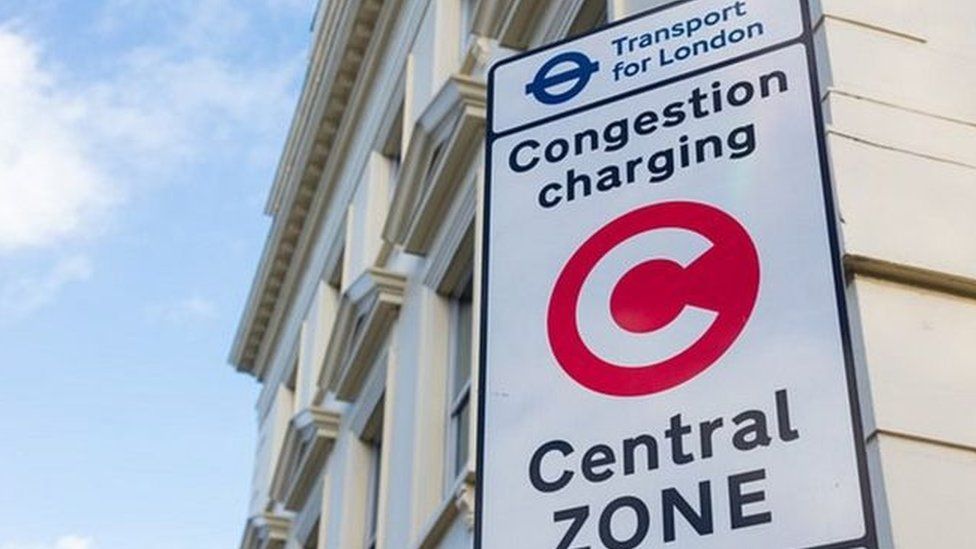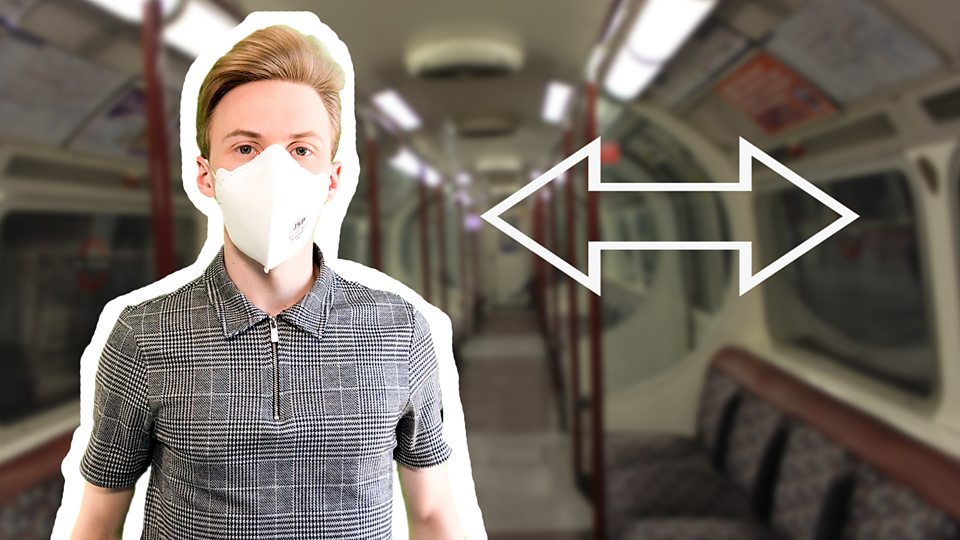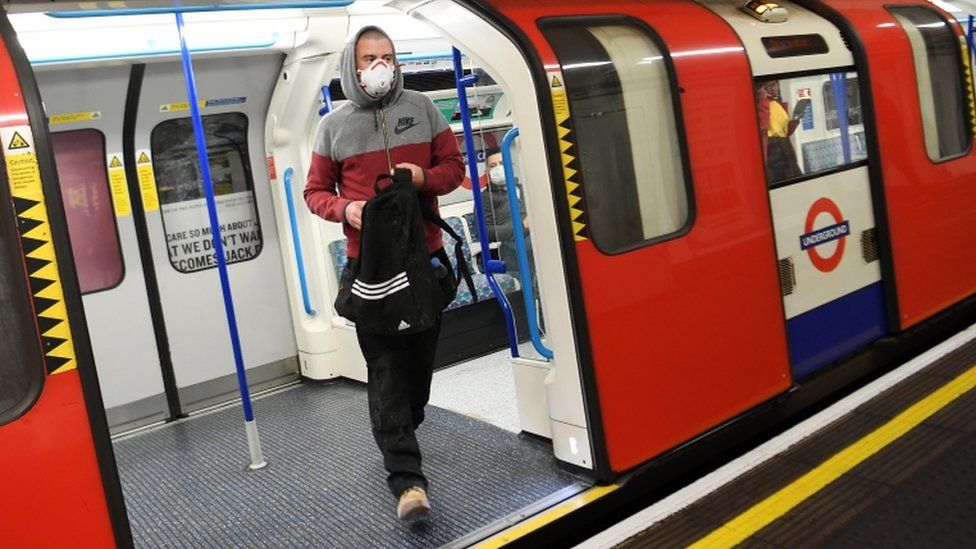Let us know you agree to cookies
We use cookies to give you the best online experience. Please let us know if you agree to all of these cookies.
 Image copyright
TfL
Image copyright
TfL
The congestion charge for people driving into central London will be reintroduced on Monday under the terms of a £1.6bn government bailout.
It follows a deal in which Transport for London (TfL) secured emergency funding to keep Tube and bus services going until September.
From 22 June, the congestion charge will also rise from £11.50 to £15.
Downing Street defended the changes saying it "only applied to a small area of central London".
The Prime Minister's official spokesman said roads in these areas "would come to a halt without it" and it was an "important tool to ensure that emissions in London remain low and support better air quality".
TfL said the resumed congestion charge would apply between 07:00 and 22:00, seven days a week.
A system of reimbursement for NHS workers in place before the congestion charge was suspended on 23 March will also be extended to care home workers.
Mayor of London Mayor Sadiq Khan said the measures were designed to avoid a build up of traffic after the government urged people returning to work to avoid public transport.
TfL said the plans would "create more space for social distancing when walking and cycling, ensuring that the people who have no choice but to return to work in central London can do so as safely as possible".
Some streets will be converted to walking and cycling only, with others restricted to all traffic apart from buses.
Mr Khan warned public transport must only be used "as a last resort".

The low emission zone and ultra low emission zone - imposing levies on high-polluting vehicles - also comes back into operation on Monday.
Under the new conditions, children will no longer have free travel across London and restrictions on travel passes for people with a disability or over the age of 60 travelling will also be imposed during peak hours.
Fares on buses - scrapped to help protect drivers from Covid-19 - will also be reintroduced.
The Department for Transport (DfT) said these other changes would be put in place "as soon as practicable".
 Image copyright
EPA
Image copyright
EPA
Mr Khan said the deal was necessary because coronavirus had had a "catastrophic impact on TfL's finances".
"I want to be completely honest and upfront with Londoners," Mr Khan said.
"This is not the deal I wanted. But it was the only deal the government put on the table and I had no choice but to accept it to keep the Tubes and buses running."
The DfT also announced TfL will introduce above-inflation fare rises from next year. Fares will go up by 1% above the rate of inflation.
Mr Khan has frozen single fares since he became mayor in May 2016 .
Natalie Chapman, of the Freight Transport Association, said the congestion charge hike "ignored the needs of London businesses".
She added: "How are shops to be supplied, restaurants and cafes to be stocked and the rest of the capital's economy to obtain the products it needs when those charged with delivering these needs are to be punitively taxed at a time when their own industry is in recovery?
"Logistics operators have been forgotten in this bailout and are being expected to stage their own financial recovery while facing punitive charges at a time when many have been unable to work for the past eight weeks."


https://news.google.com/__i/rss/rd/articles/CBMiN2h0dHBzOi8vd3d3LmJiYy5jb20vbmV3cy9hbXAvdWstZW5nbGFuZC1sb25kb24tNTI2NzcwNTnSATdodHRwczovL3d3dy5iYmMuY29tL25ld3MvYW1wL3VrLWVuZ2xhbmQtbG9uZG9uLTUyNjc3MDU5?oc=5
2020-05-15 12:34:00Z
52780785914947
Tidak ada komentar:
Posting Komentar